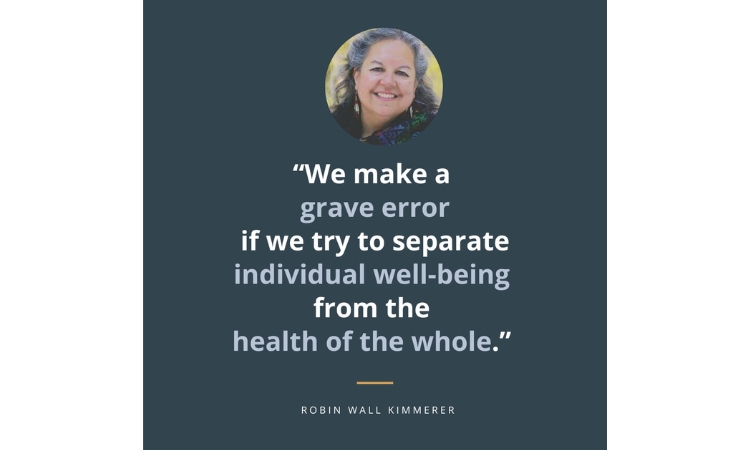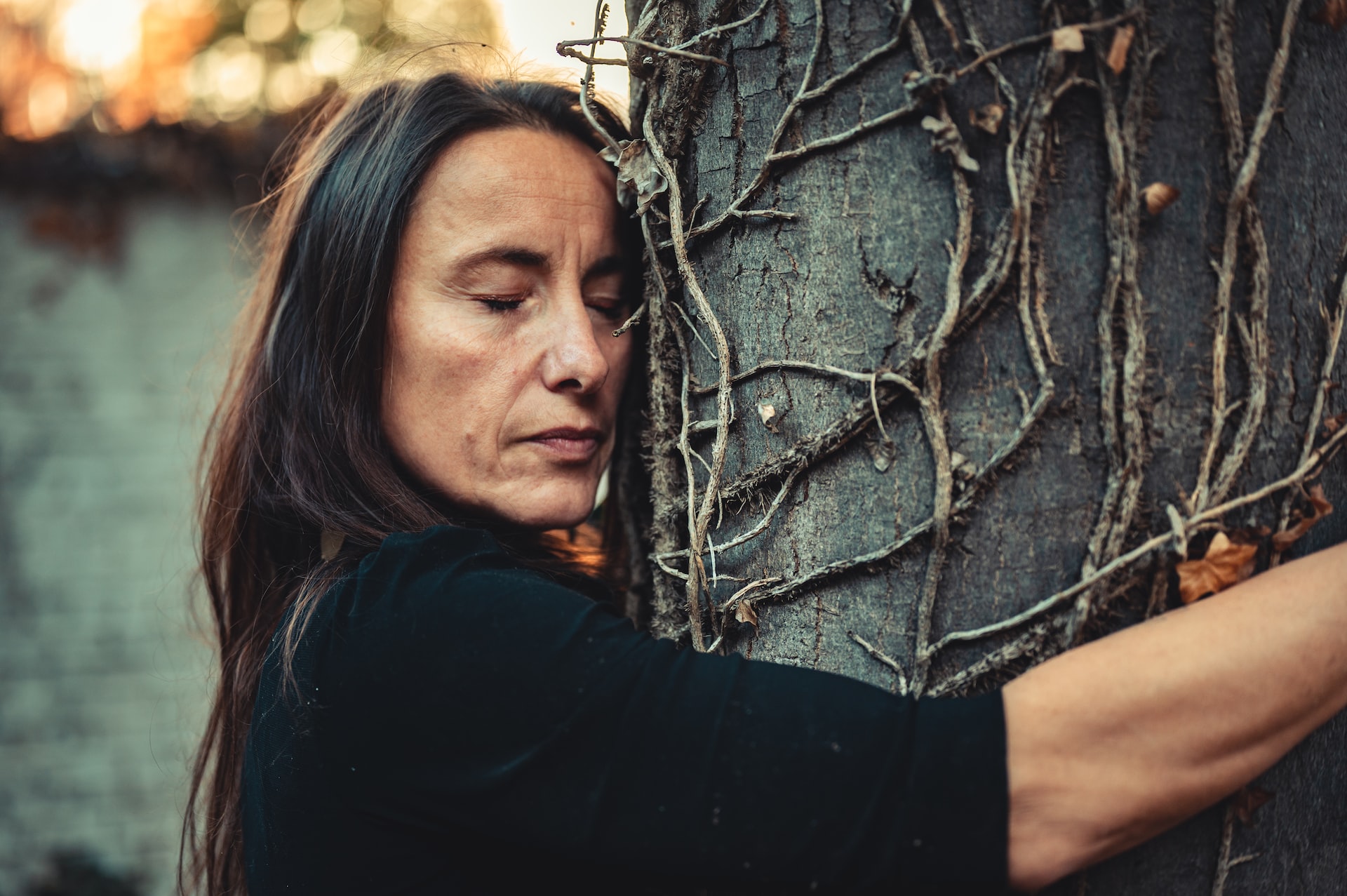by Wysdomly
Indigenous Peoples offer valuable insights into how we can live in harmony with the environment and ensure a sustainable future for generations to come.
They hold a special relationship with the land on which they have lived for generations, sometimes for tens of thousands of years. They possess crucial knowledge about how to manage natural resources sustainably and act as guardians or custodians of the land for the next generation.
Losing their land means a loss of identity.
Who are Indigenous Peoples?
There are 476 million Indigenous people around the world and spread across more than 90 countries.
They belong to more than 5,000 different Indigenous peoples and speak more than 4,000 languages. Indigenous people represent about 5% of the world’s population. The vast majority of them – 70% – live in Asia.
Indigenous Peoples can be identified as follows:*
- Most importantly, they self-identify as Indigenous peoples
- There is a historical link with those who inhabited a country or region at the time when people of different cultures or ethnic origins arrived
- They have a strong link to territories and surrounding natural resources
- They have distinct social, economic or political systems
- They have a distinct language, culture and beliefs
- They are marginalised and discriminated against by the state
- They maintain and develop their ancestral environments and systems as distinct peoples
- Each of these characteristics may be more or less important depending on the situation. Indigenous Peoples are also known as First Peoples, Aboriginal Peoples, or Native Peoples. In some countries there are specific terms such as Adivasis (India) or Janajatis (Nepal)
*Source: Amnesty International
https://www.amnesty.org/en/what-we-do/indigenous-peoples/
A deep connection to the Earth
Indigenous cultures have a unique and deep connection to the Earth that sets them apart from other cultures.
For many Indigenous communities, the Earth is not just a resource to be exploited, but a living entity that deserves respect and care. This connection is often rooted in Indigenous cosmology, which sees the Earth as a sacred and interconnected web of life.
Indigenous Peoples have developed a profound understanding of the natural world from their long history of living in harmony with the nature. Their entire way of life has been shaped by centuries of observing and interacting with the environment.
For many of us living our fast-paced, urban, technological lives, this connection to Earth is something we have become deeply disconnected from.

Interdependence of living things
One of the key aspects of the Indigenous connection to the Earth is the recognition of the interdependence of all living things.
That all living beings are interconnected and that the health of one is dependent on the health of the others. They view themselves as part of the natural world and believe that they have a responsibility to maintain the balance and harmony of the environment.
Indigenous cultures also have a unique belief system that recognizes the spiritual nature of the Earth. Animism is the belief that all things, including non-living objects, have a spirit or life force.
Indigenous Peoples believe that the Earth is not just a collection of resources, but a living being with its own spirit and consciousness that deserves respect and care.
Stewards of the Earth
Indigenous Peoples believe that humans are part of the natural world, rather than separate from it, and recognize the importance of maintaining balance and harmony between all living beings.
Many Indigenous cultures believe that they are stewards of the Earth and have a responsibility to protect it for future generations.
They have developed a wide range of practices and techniques for managing natural resources in a sustainable way, which have been passed down from generation to generation.
Traditional ecological knowledge
This knowledge of caring for the land is passed down through generations and is based on observation and experience of the natural world.
This often involves practices such as sustainable hunting, as well as the use of traditional ecological knowledge to manage natural resources.
Also practices such as using fire to manage ecosystems, planting crops in harmony with the seasons, and understanding animal behaviour to ensure sustainable hunting and fishing.
Indigenous peoples practices and beliefs offer valuable insights into how we can live in harmony with the environment and ensure a sustainable future for generations to come.



